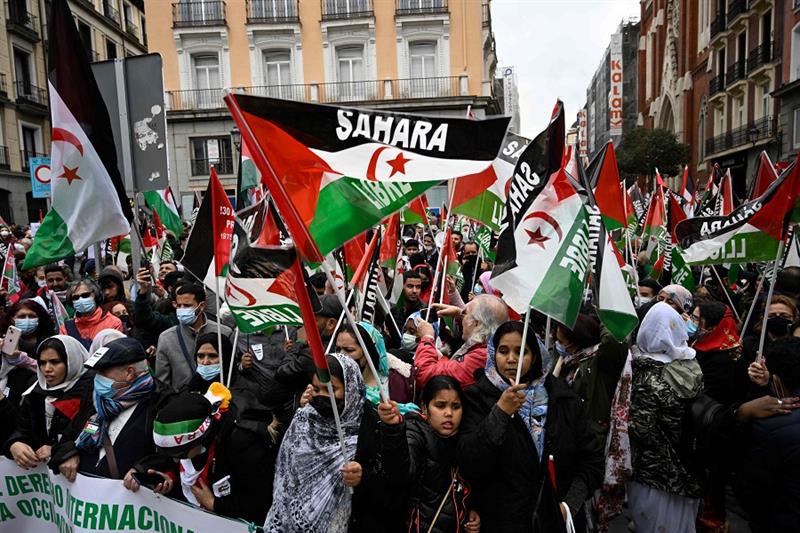
Morocco continues to consolidate diplomatic backing for its autonomy plan in Western Sahara, as international actors reaffirm their positions on the disputed territory.
During the preparatory work for the 9th Tokyo International Conference on African Development (TICAD-9) in Yokohama, Japan reiterated its stance of non-recognition regarding Western Sahara.
Foreign Minister Takeshi Iwaya stressed that Japan’s policy remains unchanged, noting that the participation of certain African Union (AU) invitees does not alter Tokyo’s diplomatic position.
“This clarification reflects Japan’s desire to maintain a distinction between its role as host and that of co-host with the African Union,” analysts say. It also highlights the delicate balance Japan seeks between addressing development priorities and navigating sensitive political issues.
Morocco has seen a surge in international support for its autonomy initiative. In recent months, France, Spain, and the United Kingdom have publicly recognized the plan as a serious and credible foundation for a political solution. According to United Nations reports, more than 118 countries now back Morocco’s proposal.
Observers suggest that this growing international recognition strengthens Morocco’s diplomatic standing and increases momentum for negotiations on a long-term solution to the Western Sahara issue.
TICAD-9 provides a forum where Africa’s economic and social priorities intersect with ongoing diplomatic debates, offering Morocco opportunities to showcase its initiatives in governance, development, and regional cooperation.
Moroccan officials view the mounting support as validation of the autonomy plan and a demonstration of their ability to engage effectively on the global stage. Experts say the continued alignment of key European partners signals a broader trend of international acceptance and positions Morocco advantageously in future discussions over Western Sahara.
As TICAD-9 progresses, attention will remain on how economic cooperation initiatives and political negotiations can converge to advance both regional development and conflict resolution.



